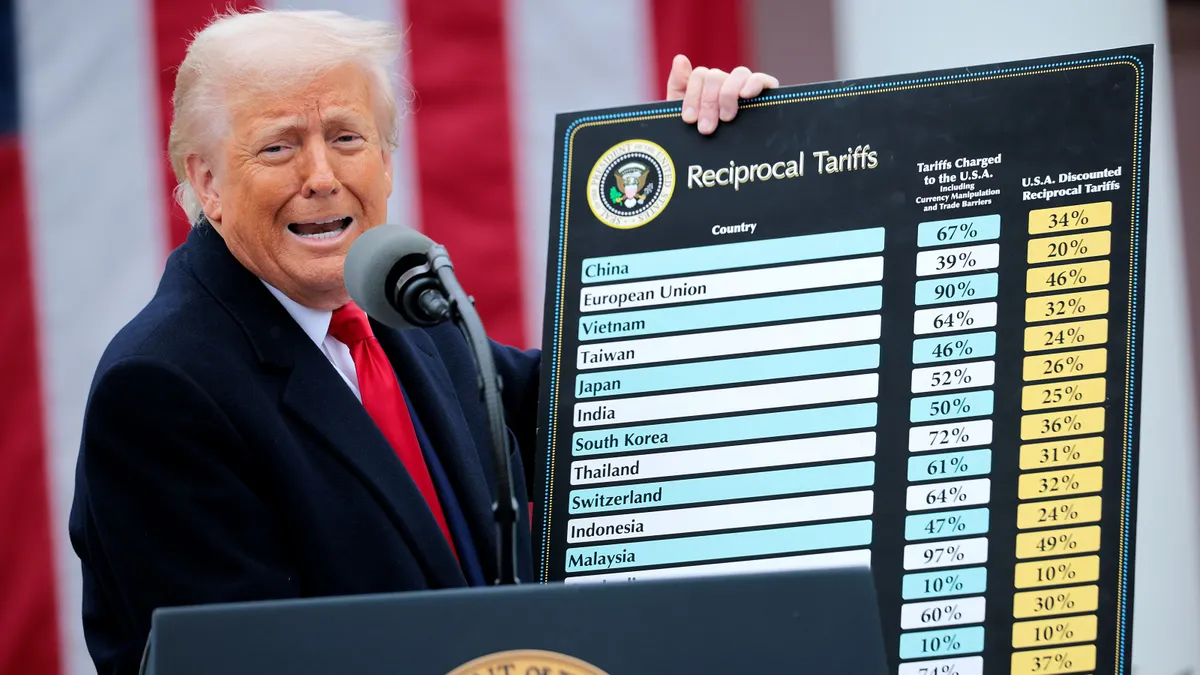China has urged the United States to fully revoke its reciprocal tariffs, following Washington’s recent decision to grant limited exemptions for certain consumer electronics and semiconductor manufacturing equipment.
In a statement issued on Sunday, April 13, 2025, a spokesperson for China’s commerce ministry said, “We urge the US to take a major step towards correcting its errors, completely cancel the wrongful practice of reciprocal tariffs, and return to the right path of mutual respect.”
The response came after the US Customs and Border Protection agency announced late on Friday that products such as smartphones, laptops, memory chips, and other electronic goods would be exempted from the sweeping global tariffs introduced by President Donald Trump earlier this month.

Credit: EPA-EFE/SARAH YENESEL
Beijing welcomed the move as a “small step” but stressed that it was still “assessing the impact” of the exemptions.
Despite the US concessions, China pressed ahead with its retaliatory measures. On Saturday, import tariffs of up to 125 per cent on US goods came into force, signalling Beijing’s firm stance in the ongoing trade dispute with its largest commercial partner.
The exemptions granted by the US are expected to benefit major technology firms including Apple, Nvidia, and Dell—many of which rely on China for manufacturing or components.
Apple, in particular, assembles a large portion of its iPhones and other premium devices in Chinese factories.
However, the majority of Chinese exports remain subject to a hefty 145 per cent blanket tariff, following China’s exclusion from a broader 90-day tariff grace period offered to other nations.
The renewed tit-for-tat trade measures come as both economic superpowers continue to clash over issues ranging from technology access and market openness to geopolitical tensions in Asia and beyond.


 Trending
Trending 